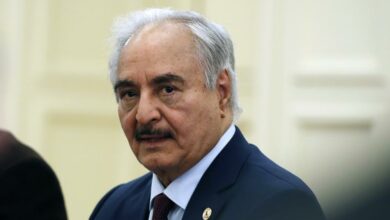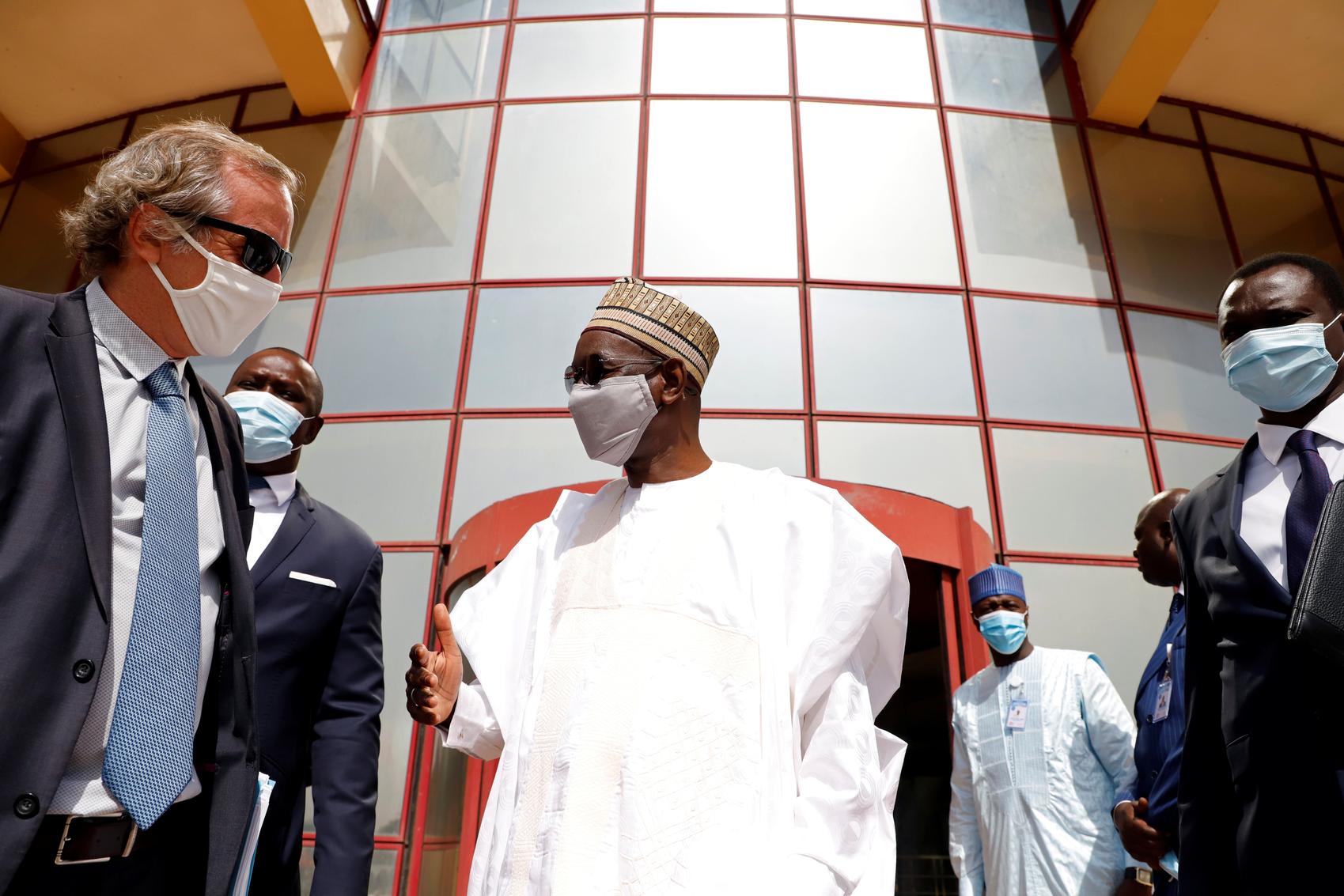The passage of time seems to reinforce the belief that liberal powers that are pushing for the establishment of a civil state remain unable to reach out to ordinary Egyptians. This is a serious problem that threatens to undermine the future of the Egyptian Bloc, a liberal political coalition, and its ability to to achieve satisfactory results in the upcoming elections.
On the ground we are faced by a paradox: Even though the vast majority of Egyptians who refrain from political participation support the establishment of a civil state, they categorically reject liberal discourse. Why is that?
The problem lies in the fact that liberals have failed to formulate a fresh vision for a “conservative liberal” discourse that reconciles their call for a civil state with the values of Egyptian society.
Egyptians will not lend an ear to any discourse that warns them against the perils of the religious state and sings the praises of the civil state. Rather, they want to be reassured that their religion will remain untouched and their values upheld.
Instead, liberal powers have adopted an arrogant discourse, forgetting that success requires gradual change that can push the society forward in baby steps. Proposing sweeping change to the values of the society will only serve to squish liberal forces into the margins of the society. Perhaps the success of the moderately liberal Wafd Party in the 1990s provides the best model path.
Furthermore, liberals are unable to formulate a discourse that reflects the national identity of Egyptians. The discourse of Egyptian liberals mimics that of Western liberalism, which grants broad personal freedoms to individuals. Egyptians, though, would be more receptive to a non-Western version of liberalism that recognizes the uniqueness of their culture.
Liberal values that organize the relationship between the state and religion and call for the respect of the other are not foreign to Egyptians, in fact, Egyptians instinctively live by those values. They only hope someone will envisage a moderate liberal vision that is more expressive of their society.
Liberal discourse also does not seem to be able to link its calls for a civil state to a better standard of living or social justice, both of which concern the majority of people. Democracy that does not lead to a better life does not merit its own defense.
The inability of liberals to communicate with Egyptians, combined with Egyptians' fear of their aspired civil state, has thrust liberals into lost battles – such as calling for drafting the constitution before elections – that have sought to achieve quick victories to reassure themselves that their liberal vision will be protected.
A civil society will make way for a civil state – not the other way around.
The ability of these liberal forces to formulate a new discourse that appeals to an audience that has largely abstained from political engagement will be key to determining their future impact on the Egyptian state.
Translated from the Arabic Edition




